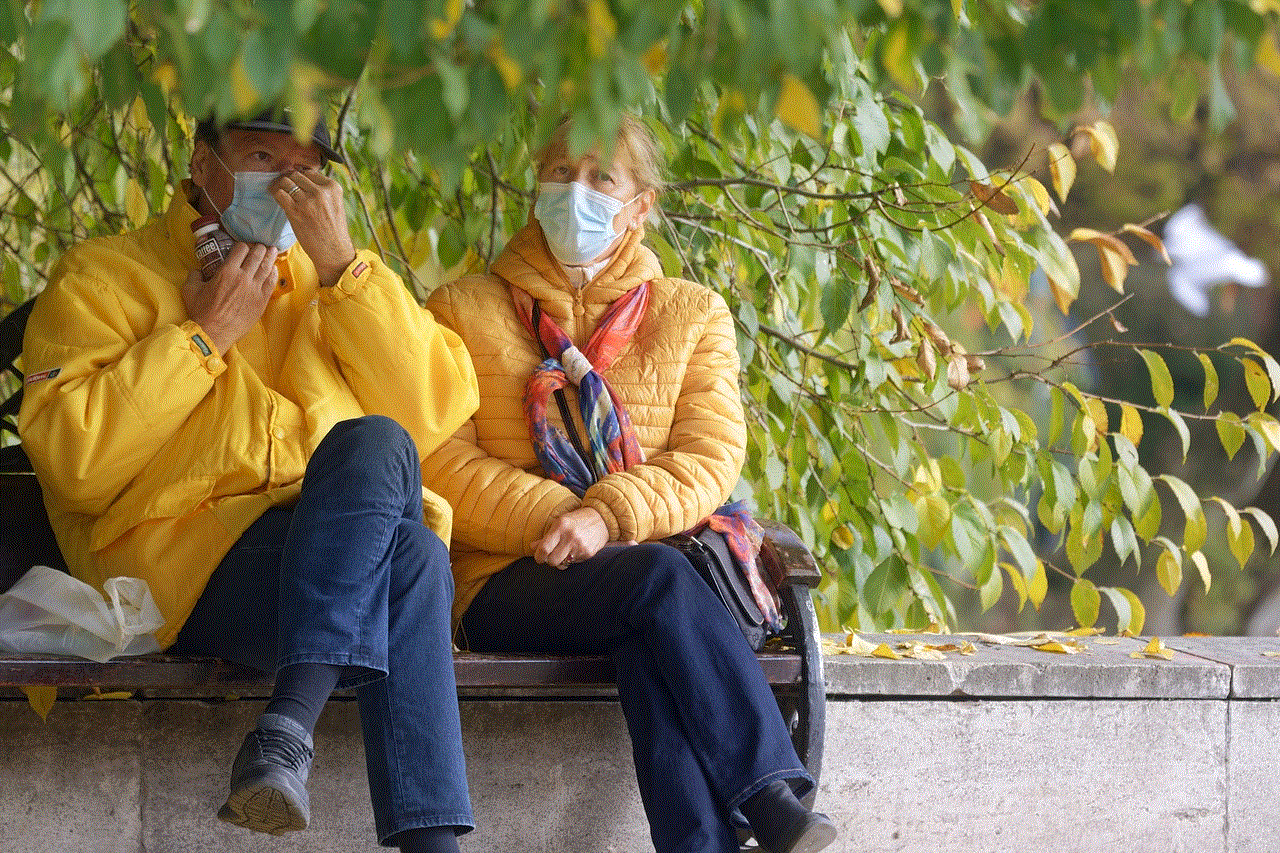keep your circle small meaning
Title: The Power of Keeping Your Circle Small: Meaning and Impact
Introduction:
In today’s fast-paced and interconnected world, we often find ourselves surrounded by a vast network of people, both online and offline. However, there is a growing understanding of the importance of keeping our Circle s small and meaningful. In this article, we will explore the concept of “keeping your circle small” and delve into the profound impact it can have on our lives.
Paragraph 1: Defining the Concept
Keeping your circle small refers to consciously limiting the number of people you allow into your inner circle of trust, support, and influence. It involves prioritizing quality over quantity and cultivating deep, meaningful connections with a select few individuals who truly align with your values and aspirations.
Paragraph 2: The Benefits of a Small Circle
Maintaining a small circle offers numerous benefits. Firstly, it allows for more meaningful and authentic relationships. By investing time and energy in a select few people, we can develop deeper connections and foster genuine intimacy. Secondly, a small circle also encourages better communication and understanding, as it is easier to manage fewer relationships effectively. Lastly, a small circle enables us to focus on our personal growth and well-being, as we can rely on a close-knit group of individuals for support, inspiration, and accountability.
Paragraph 3: Quality over Quantity
Keeping your circle small emphasizes the quality of relationships rather than the quantity. Instead of spreading ourselves thin across numerous connections, we can concentrate on building strong bonds with individuals who truly matter to us. By doing so, we can create a support system that aligns with our values, goals, and aspirations.
Paragraph 4: The Impact on Mental Health
Our social connections play a vital role in our mental well-being. By keeping our circle small, we can reduce the risk of being overwhelmed by social demands and expectations. A smaller circle allows us to focus on building and nurturing relationships that bring us joy, support, and positivity, which ultimately contributes to better mental health.
Paragraph 5: Increased Trust and Vulnerability
A small circle promotes trust and vulnerability. When we limit our circle to those we trust deeply, we feel more comfortable opening up and sharing our true selves. This enables us to build stronger bonds, enhance empathy, and create a safe space for emotional expression.
Paragraph 6: Enhanced Support System
A small circle ensures that we have a reliable support system in place. These individuals understand our struggles, aspirations, and fears, and are there to provide guidance, encouragement, and advice when needed. This support helps us navigate life’s challenges with more confidence and resilience.
Paragraph 7: Greater Focus and Productivity
By keeping our circle small, we minimize distractions and external influences that may hinder our focus and productivity. With fewer people vying for our attention, we can concentrate on our goals, passions, and personal development. This focused approach often leads to higher levels of productivity and success.
Paragraph 8: Authenticity and Growth
A small circle allows us to be our authentic selves without fear of judgment or rejection. When we are surrounded by individuals who genuinely appreciate and accept us, we feel empowered to embrace our true identity, pursue personal growth, and explore new possibilities without the constraints of societal expectations.
Paragraph 9: Choosing Your Circle Wisely
Building a small circle requires thoughtful consideration. It is essential to identify individuals who share similar values, aspirations, and principles. Surrounding ourselves with positive and uplifting people who challenge us to grow and evolve can greatly impact our lives and help us reach our full potential.
Paragraph 10: Conclusion
In conclusion, keeping your circle small is a powerful concept that emphasizes the quality of relationships over their quantity. By intentionally choosing our inner circle, we can experience deeper connections, enhanced support, and personal growth. Embracing a small circle can lead to improved mental health, increased productivity, and a more fulfilling life overall. So, take the time to evaluate your connections, nurture the meaningful ones, and enjoy the transformative benefits of keeping your circle small.
can people see my phone number on whatsapp
Title: Privacy and Security: Can People See My Phone Number on WhatsApp ?
Introduction (150 words):
WhatsApp is a widely popular messaging app that allows users to connect with friends, family, and colleagues via text, voice, and video calls. As with any communication platform, privacy and security concerns arise. One such concern is whether people can see your phone number on WhatsApp. In this article, we will delve into the intricacies of WhatsApp’s privacy settings, explore the visibility of phone numbers, and discuss steps users can take to protect their privacy.
1. Understanding WhatsApp’s Privacy Settings (200 words):
WhatsApp provides users with various privacy settings, giving them control over who can view their personal information. By default, WhatsApp allows anyone with your phone number to see your profile picture, status, and last seen timestamp. However, you can adjust these settings to restrict visibility to your contacts only or even hide specific details altogether.
2. Phone Number Visibility in Contacts (250 words):
When you join WhatsApp, your phone number becomes your unique identifier within the app. Your contacts who have your phone number saved in their phone’s address book will automatically see you as a WhatsApp user. However, WhatsApp does not display your phone number directly to other users. Instead, it verifies your number and assigns you a unique WhatsApp ID.
3. Phone Number Visibility in Group Chats (250 words):
When you join a group chat on WhatsApp, participants can see your phone number if they have it saved in their contacts. However, WhatsApp also offers an option to restrict visibility of your phone number in group chats, allowing you to maintain a higher level of privacy within these conversations.
4. The Importance of Encryption (200 words):
WhatsApp uses end-to-end encryption, a security feature that ensures only the sender and recipient can read the messages. This means that even if someone were to intercept your messages, they would be unable to decipher their contents. Encryption adds an extra layer of security, protecting your phone number and other personal information from potential eavesdroppers.



5. Protecting Your Phone Number (250 words):
While WhatsApp takes measures to protect your phone number, there are additional steps you can take to enhance your privacy. One option is to regularly review your privacy settings and adjust them according to your preferences. You can limit visibility to your contacts, restrict access to your profile picture, and hide your last seen timestamp.
6. Utilizing Two-Step Verification (200 words):
WhatsApp offers an additional layer of security through two-step verification. Enabling this feature requires a six-digit PIN, which you will be prompted to enter periodically. Two-step verification helps prevent unauthorized access to your account, ensuring that even if someone has your phone number, they cannot gain access without the unique PIN.
7. Safeguarding Your Account from Scams (250 words):
Though WhatsApp takes security seriously, it cannot prevent scams targeting users. It is essential to remain vigilant and avoid sharing sensitive information with unknown individuals. Be cautious of suspicious links, requests for personal information, or attempts to gain access to your account. Report any suspicious activity to WhatsApp immediately.
8. The Role of Privacy Policy (200 words):
WhatsApp’s privacy policy outlines how the platform handles your personal information. It is crucial to read and understand this policy to ensure you are aware of how WhatsApp uses and protects your data. Regularly reviewing the policy can help you stay informed about any updates or changes that may affect your privacy.
9. Additional Security Features (200 words):
WhatsApp continues to introduce new security features to enhance user privacy. These include options to enable fingerprint or face recognition to unlock the app, control who can add you to group chats, and more. Staying updated with the latest version of WhatsApp ensures you have access to these enhanced security features.
Conclusion (150 words):
While WhatsApp takes privacy and security seriously, it is important for users to be aware of their own actions and take necessary precautions. By adjusting privacy settings, enabling two-step verification, and being cautious of scams, users can protect their phone numbers and personal information. Regularly reviewing the privacy policy and staying updated with security features ensures a safer and more private WhatsApp experience. Remember, being proactive is the key to maintaining your privacy and security in the digital age.
how to avoid being catfished
Title: Protecting Yourself from Catfishing: A Comprehensive Guide
Introduction:
In today’s digital age, where online interactions have become increasingly prevalent, the risk of falling victim to catfishing has become a significant concern. Catfishing refers to the act of creating a false online identity to deceive and manipulate others, often for personal gain or emotional satisfaction. Whether you’re engaging in online dating, social media, or even professional networking, it is essential to be aware of the signs and take precautions to avoid being catfished. This comprehensive guide will provide you with invaluable tips and strategies to protect yourself from falling victim to catfishing.
1. Understand the Nature of Catfishing:
To effectively protect yourself from catfishing, it is crucial to understand the motivations behind this deceptive behavior. Catfishers often seek personal validation, emotional satisfaction, or financial gain through manipulation. They may create elaborate stories, fake profiles, or even use stolen photographs to lure unsuspecting victims into a false sense of trust and intimacy.
2. Conduct Thorough Research:



Before establishing any online relationship, invest time in conducting comprehensive research to verify the authenticity of the person you are interacting with. Look for inconsistencies in their stories, validate their online presence across various platforms, and search for any red flags such as repeated use of stock photos, limited personal information, or minimal online connections.
3. Engage in Video Calls:
One of the most effective ways to confirm someone’s identity is through video calls. Requesting a video call early in your online interactions can significantly reduce the chances of being catfished. Catfishers often make excuses or avoid video calls, as they are unable to maintain the facade they have created.
4. Be Wary of Fake Profiles:
Catfishers frequently use fake profiles, stealing photographs from other individuals or stock images. To avoid falling victim, use reverse image search tools to verify the authenticity of the profile picture. Additionally, be cautious if the person’s profile seems too perfect or lacks personal details, as this may indicate a potential catfishing attempt.
5. Trust Your Instincts:
One of the most powerful tools in avoiding catfishing is trusting your instincts. If something feels off or too good to be true, it likely is. Pay attention to any gut feelings or suspicions that arise during your online interactions and take them seriously.
6. Keep Personal Information Private:
Protecting your personal information is essential when engaging in online interactions. Avoid sharing sensitive details such as your home address, workplace, or financial information until you have established a high level of trust and verified the person’s authenticity.
7. Educate Yourself:
Stay informed about the evolving tactics used by catfishers. Read articles, join online forums, and follow social media accounts dedicated to raising awareness about catfishing. This knowledge will enable you to recognize potential warning signs and protect yourself more effectively.
8. Be Cautious with Online Dating:
Online dating platforms are a common hunting ground for catfishers. When using these platforms, take extra precautions, such as limiting your personal information on your dating profile, researching potential matches thoroughly, and avoiding sharing intimate photos or engaging in explicit conversations too soon.
9. Seek Advice from Trusted Friends:
If you suspect you may be falling victim to catfishing or are unsure about someone’s authenticity, seek advice from trusted friends or family members. They may provide a fresh perspective and offer valuable insights that could help you identify potential red flags.
10. Report Suspected Catfishers:
If you have concrete evidence or strong suspicions that someone is catfishing, report them to the relevant platform or social media website. By taking this step, you not only protect yourself but also help prevent others from falling victim to the same deception.
Conclusion:



In a world where online interactions have become increasingly common, it is crucial to educate ourselves about the risks associated with catfishing and take necessary precautions to protect our emotional well-being and personal security. By following the strategies outlined in this comprehensive guide, you can minimize the chances of falling victim to catfishing and navigate the digital landscape with confidence. Remember, trust and authenticity are the pillars of healthy online relationships, and staying vigilant will help ensure your safety.

